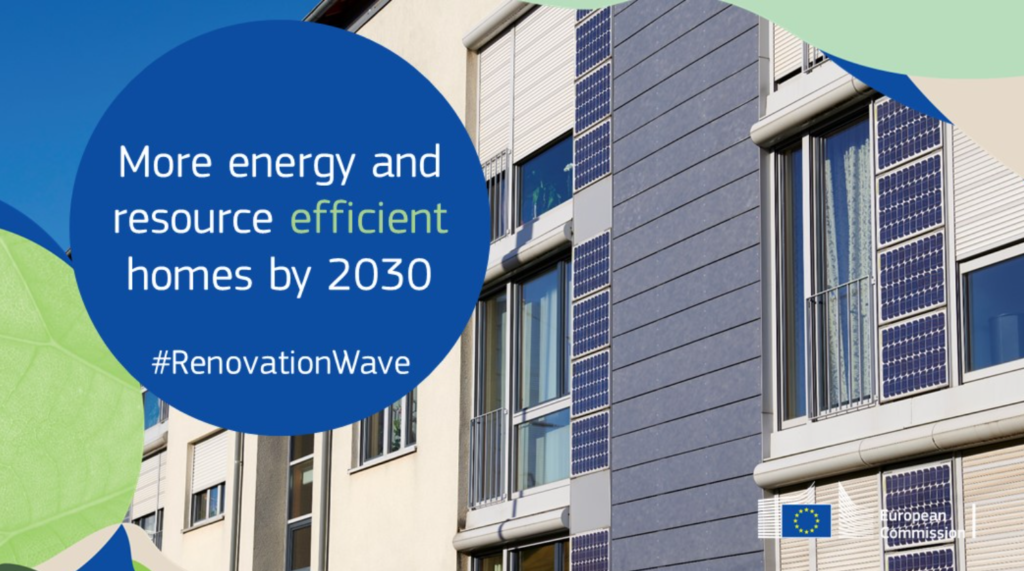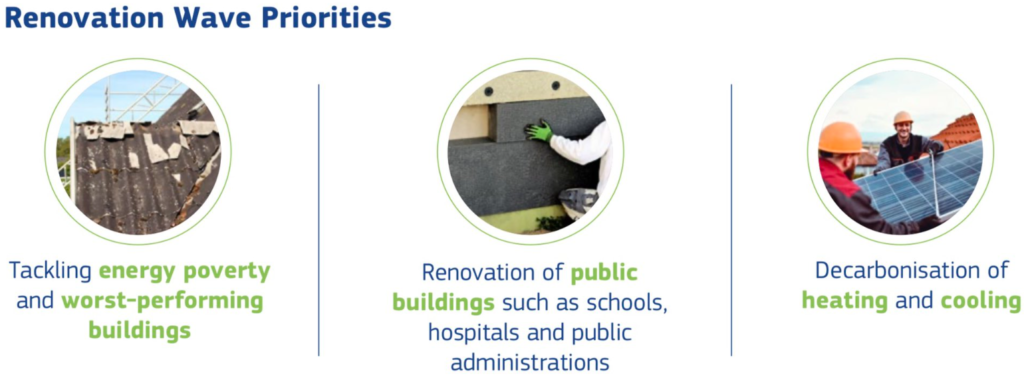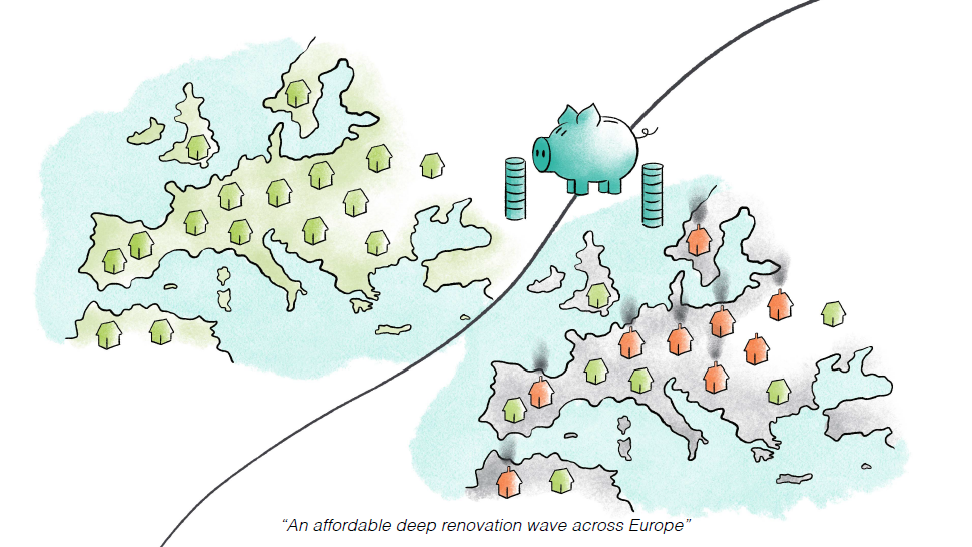EU Renovation Wave: an opportunity for fire safety
15 October 2020
The communication on the Renovation Wave has been published.
The Renovation Wave strategy is a flagship initiative of the EU Green Deal and of the Next Generation EU recovery plan. The ambition of the Renovation Wave is to rapidly double the current renovation rate of buildings to boost climate protection and circularity while creating thousands of new jobs. We welcome this vital strategy to put the EU economy back on track. Indeed, the Renovation Wave brings multiple positive side effects that will sustainably improve the quality of life of EU citizens.
The plastics industry offers numerous materials and products that contribute to sustainable construction due to the many advantageous attributes of plastics, such as their performance, durability, weather resistance, low-maintenance, cost-effectiveness and flexible and lightweight designs.
The Modern Building Alliance particularly welcomes the intervention area that will ensure the construction system is ‘fit to deliver sustainable renovation’. The Skills Agenda is necessary to ensure that the refurbishment will meet the expected quality and energy savings while complying with other requirements - including safety. Developing skills and competencies of professionals involved in aspects such as fire safety is an opportunity to ensure a holistic, material-neutral and performance-based renovation wave that combines sustainability, health and safety.
In a recently voted report, the European Parliament confirmed its intention to increase building renovations and also underlined, ‘that ensuring quality, compliance, and safety requires adequate competencies and skills of professionals involved during the design and construction/renovation’.
When it comes to ensuring the fire safety of buildings, we are convinced that this complex issue requires competent professionals with clear roles and responsibilities who are involved in the buildings’ design, construction and maintenance phases. The involvement of fire safety engineers during a building’s design is not yet common practice. Recent tragic events have illustrated how a lack of compliance with fire safety measures can have serious consequences. The work of fire safety experts must be reinforced to accompany the sustainable transformation of building stock, in particular in the context of the energy transition that includes the electrification of buildings (e-mobility, solar panels, batteries…) and the decentralisation of the energy production. Regular fire safety checks of buildings, including inspections of electrical and fire safety installations, are also necessary.
We, therefore, call on policymakers to include fire safety skills and competencies into the Skills Agenda of the Renovation Wave so that it will also be an opportunity for fire safety.
Read more about our call for action on fire safety competency.


